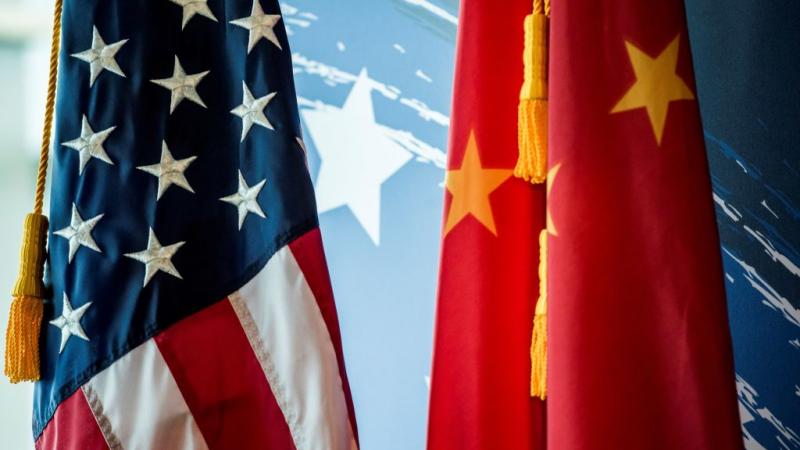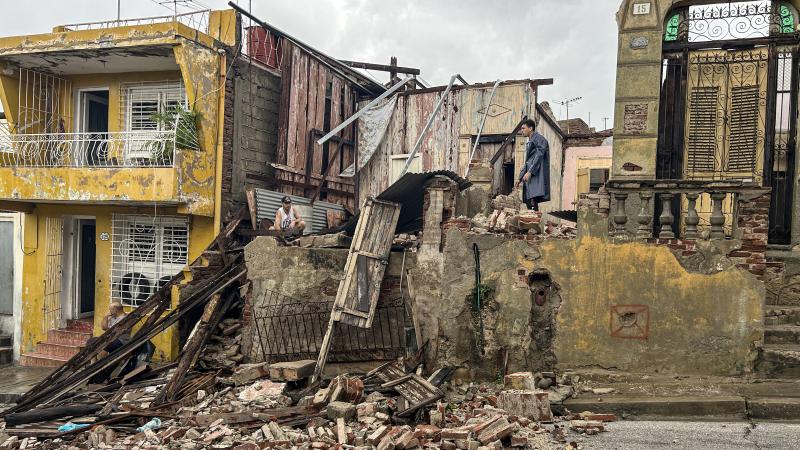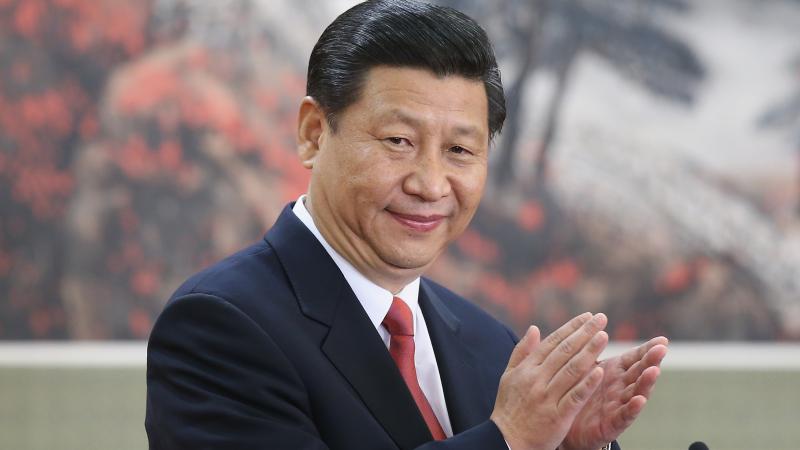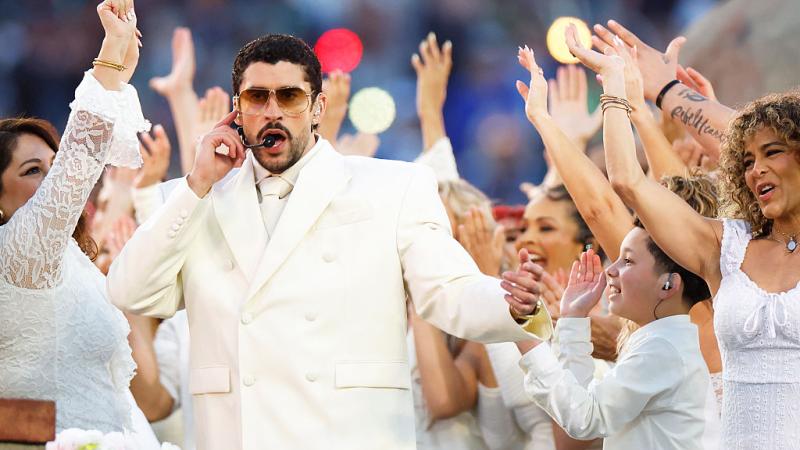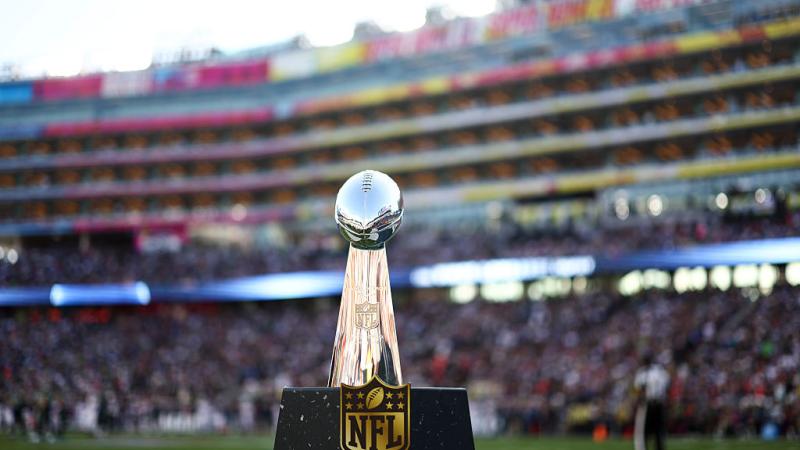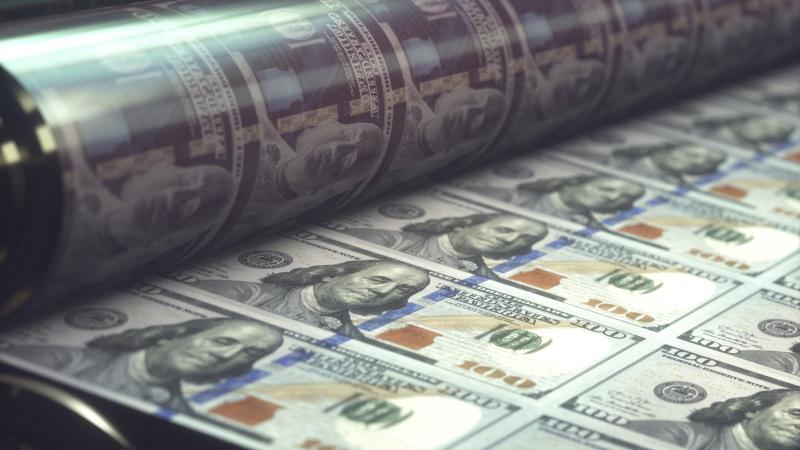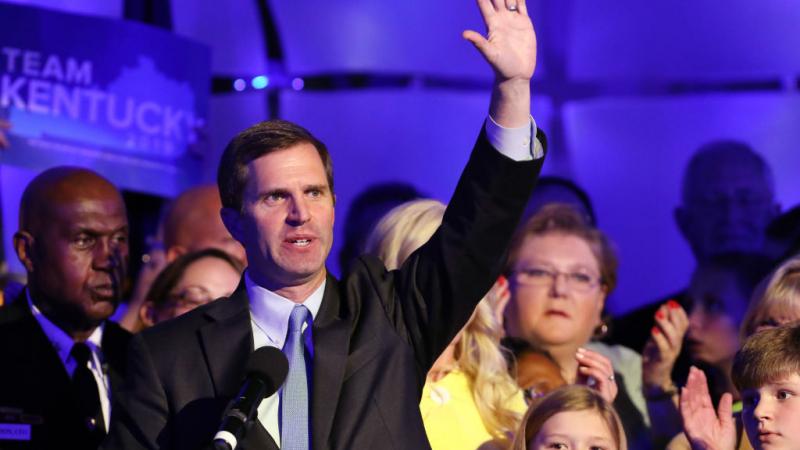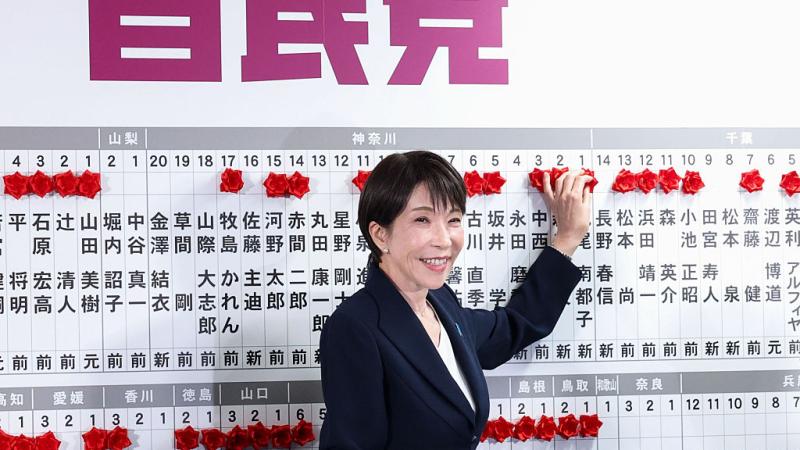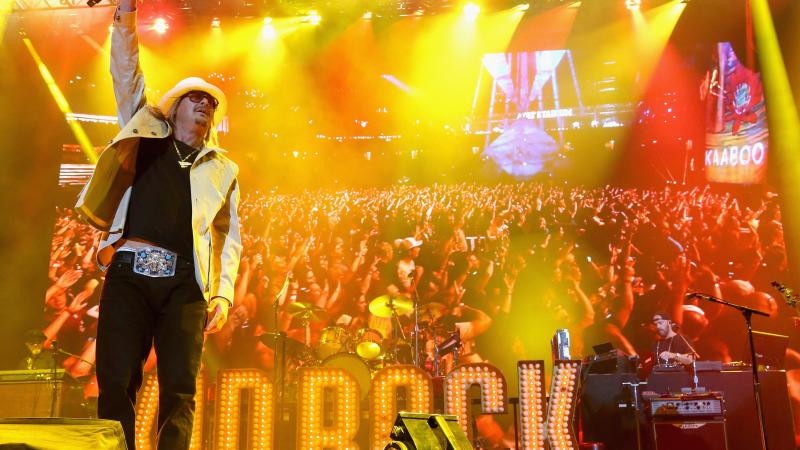Canada’s Trudeau imperiled by his liberal policies long before Trump reemerged
Trudeau's popularity among voters began to decline as far back as November 2020, roughly nine months into the COVID-19 pandemic.
Canada Prime Minister Justin Trudeau's grip on his government and stewardship of a trusted, decades-long relationship with the neighboring U.S. was in trouble long before President-elect Donald Trump last month essentially threatened a 25% tariff that he justified amid persistent drug trafficking and illegal migration along the countries' mutual boarder.
Trudeau's popularity among voters began to decline as far back as November 2020, roughly nine months into the COVID-19 pandemic, according to a Canadian independent research-tracker poll.
Voters reelected Trudeau in 2021, but his Liberal Party of Canada failed to win a majority of votes in Parliament. And he has since faced criticism from the Conservative opposition for some of his pandemic and post-pandemic policies. Among the concerns are high unemployment, the escalating cost of housing and inflation that reached 8% after the pandemic.
By the time Trump laid down the tariff threat in late-November, Trudeau's approval rating at about 28%, while his disapproval rating was roughly 67%.
Trump reemerging to be the next leader of the world's largest economy appeared to just make matters worse – with Canadian Deputy Prime Minister and Finance Minister Chrystia Freeland resigning after the tariff threat.
Knowing the high stakes of threat, Trudeau almost immediately thereafter flew to Trump's Mar-a-Lago home in Florida to discuss the issue with him, and on Friday, two of Trudeau’s top advisers – Foreign Minister Mélanie Joly and Dominic LeBlanc, Freeland’s replacement as finance minister – met in Florida with Trump aides.
Neither meeting yielded immediate results. And before Friday ended, Conservative lawmakers in Canada's House of Commons said they could hold a non-confidence vote on Trudeau and his liberal government as early as Jan. 30.
The 53-year-old Trudeau has been in office since November 2015, and the odds of his government surviving until its 10 anniversary are extraordinarily slim.
Canadian law requires elections to take place by October, but there's also the likelihood Trudeau will resign before that time.
However it happens, the departure of Trudeau – the son of 1980s-era Canadian Prime Minister Pierre Trudeau – is likely to set the country up for months of turmoil, involving a fight over the leadership of Trudeau’s Liberal Party and jockeying for position among opposition parties in the lead-up to the next election.
Who could replace Trudeau? There’s no clear-cut favorite. But Freeland, 56, a former journalist whose resignation brought Trudeau’s problems to a head this month, could hold the key.
Before being named deputy prime minister in 2019 and finance minister a year later, she was minister of international trade, minister of foreign affairs, and minister of intergovernmental affairs (often overlapping) – all under Trudeau.
Freeland left Trudeau’s cabinet but has not formally pulled her support for his government. If she did that, she likely would have enough support in parliament to assure the government's collapse. She probably even has the inside track to replace Trudeau as leader of the Liberal Party, though gaining enough votes for the Liberals to hold onto power in the next election is far from certain.
At the polls, the Liberal’s stiffest challenge will come from Pierre Poilievre, the largely untested 45-year-old Conservative leader, who has been in Parliament nearly half his life. Polls show Poilievre with more than double Trudeau’s level of support. Meanwhile, Jagmeet Singh, an Indo-Canadian who is leading the call of a no-confidence vote, is polling about even with Trudeau, drawing votes from the far left.
A long-shot: Trump has said he has urged hockey great Wayne Gretzky to throw his hat in the ring to replace Trudeau.
“’You would win easily,’” Trump said he told Gretzky. “’You wouldn’t even have to campaign.’” There is no official word yet on that from The Great One’s camp, though Trump allowed that the sports legend did not seem interested.
Trump has been trolling Trudeau and Canada since winning reelection in November. He has said Canada should join the U.S. as the 51st state, and he’s even taken to calling Trudeau “governor” rather than "prime minister."
Most Canadians appear to bristle at the jibes, though, one notable exception has been “Shark Tank” star Kevin O’Leary, a Canadian, who said his country joining the U.S. was a “huge opportunity” for both nations.
But its Trump’s threat to slap a 25-percent tax on Canadian exports to the U.S. unless the northern neighbor does more to reduce the flow of fentanyl into the American states that is causing the most serious ripples.
Nearly three-fourths of Canada’s exports are sold in the U.S., making the U.S. more than 15 times more important than second place China for Canadian exporters. (Canada is the U.S.’s top export partner, though the country accounts for just 18 percent of American goods sold abroad).
That’s a fact not lost on the long-time minister, Freeland, who in her resignation letter said her country should not underestimate the risks behind Trump's tariff threats.
“We need to take that threat extremely seriously,” she wrote. “That means eschewing costly political gimmicks, which we can ill afford, and which make Canadians doubt that we recognize the gravity of the moment.”
The Facts Inside Our Reporter's Notebook
Links
- Canadian independent research-tracker poll
- but his Liberal Party of Canada failed to win a majority
- Trudeau almost immediately thereafter flew to Trump's Mar-a-Lago home in Florida to discuss the issue with him
- Foreign Minister Mélanie Joly and Dominic LeBlanc, Freelandâs replacement as finance minister
- said they could hold a non-confidence vote
- surviving until its 10 anniversary are extraordinarily slim
- 1980s-era Canadian Prime Minister Pierre Trudeau
- months of turmoil
- Before being named deputy prime minister in 2019 and finance minister a year later
- has the inside track to replace Trudeau as leader of the Liberal Party
- the Liberalâs stiffest challenge will come from Pierre Poilievre
- leading the call of a no-confidence vote
- Trump has said he has urged hockey great Wayne Gretzky to throw his hat in the ring
- ââYou would win easily,ââ Trump said he told Gretzky.
- The Great One
- He has said Canada should join the U.S. as the 51st state
- Most Canadians appear to bristle at the jibes
- âShark Tankâ star Kevin OâLeary, a Canadian, who said his country joining the U.S. was a âhuge opportunityâ
- Nearly three-fourths of Canadaâs exports are sold in the U.S.
- Canada is the U.S.âs top export partner
- âWe need to take that threat extremely seriously,â she wrote.

